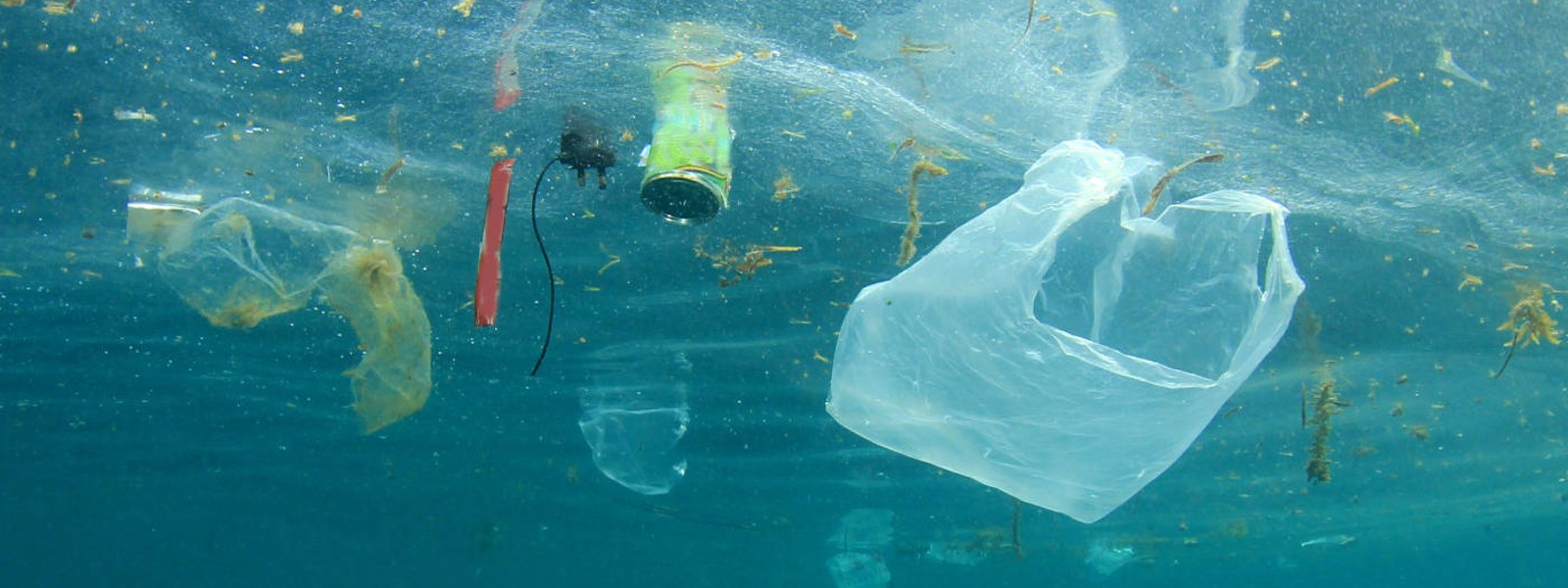.webp)

USAID launches 5-Year Ocean Plastics Reduction Project for Sri Lanka
COLOMBO (News 1st) - The United States Agency for International Development (USAID) announced the official launch of a planned 5-year project in Sri Lanka and Maldives to reduce environmental plastics by decreasing industrial use of plastic and improving integrated solid waste management practices in Sri Lanka and Maldives.
The project’s consortium, led by Research Triangle International (RTI) works alongside local partners to target system inefficiencies and areas of reliance on virgin plastics.
The project’s overall goal is to increase participation in solid waste management and reduction programs, preventing thousands of tons of plastic from leaking into the environment.
“USAID is proud to partner with the governments of Sri Lanka and Maldives, the private sector, civil society, and communities to reduce, reuse and recycle plastic products, which threaten the health and environment of the Sri Lankan and Maldivian people” stated Gabe Grau, the USAID/Sri Lanka and Maldives Mission Director. “Combatting plastic pollution will reduce threats to marine ecosystems and livelihoods, food security, and ultimately, human health.”
Ocean plastic pollution threatens the world’s delicate marine ecosystems, the fishing and tourism sectors, food security, and human health. The equivalent of an entire garbage truck of plastic makes its way into the world’s oceans every minute—roughly eleven million tons annually. Stopping plastic pollution at the source is the most effective way to address this challenge. The majority of plastic ocean debris comes from rapidly growing cities along coastal areas in the developing world where governments struggle with growing populations and increasing amounts of waste.
Sri Lanka and Maldives face unique challenges in waste management. In Sri Lanka, the country’s solid waste management systems struggle to keep pace with growing urban populations. Maldives, an archipelago of 1,200 coral islands, has extremely limited amounts of land to store waste, and is overwhelmed by managing both domestic waste and marine debris carried in by ocean currents from other countries.
Source: US Embassy
Other Articles
Featured News





.png )



-776089_550x300.png)

-776075_550x300.jpg)


-775770_550x300.jpg)
-775764_550x300.jpg)


















.gif)